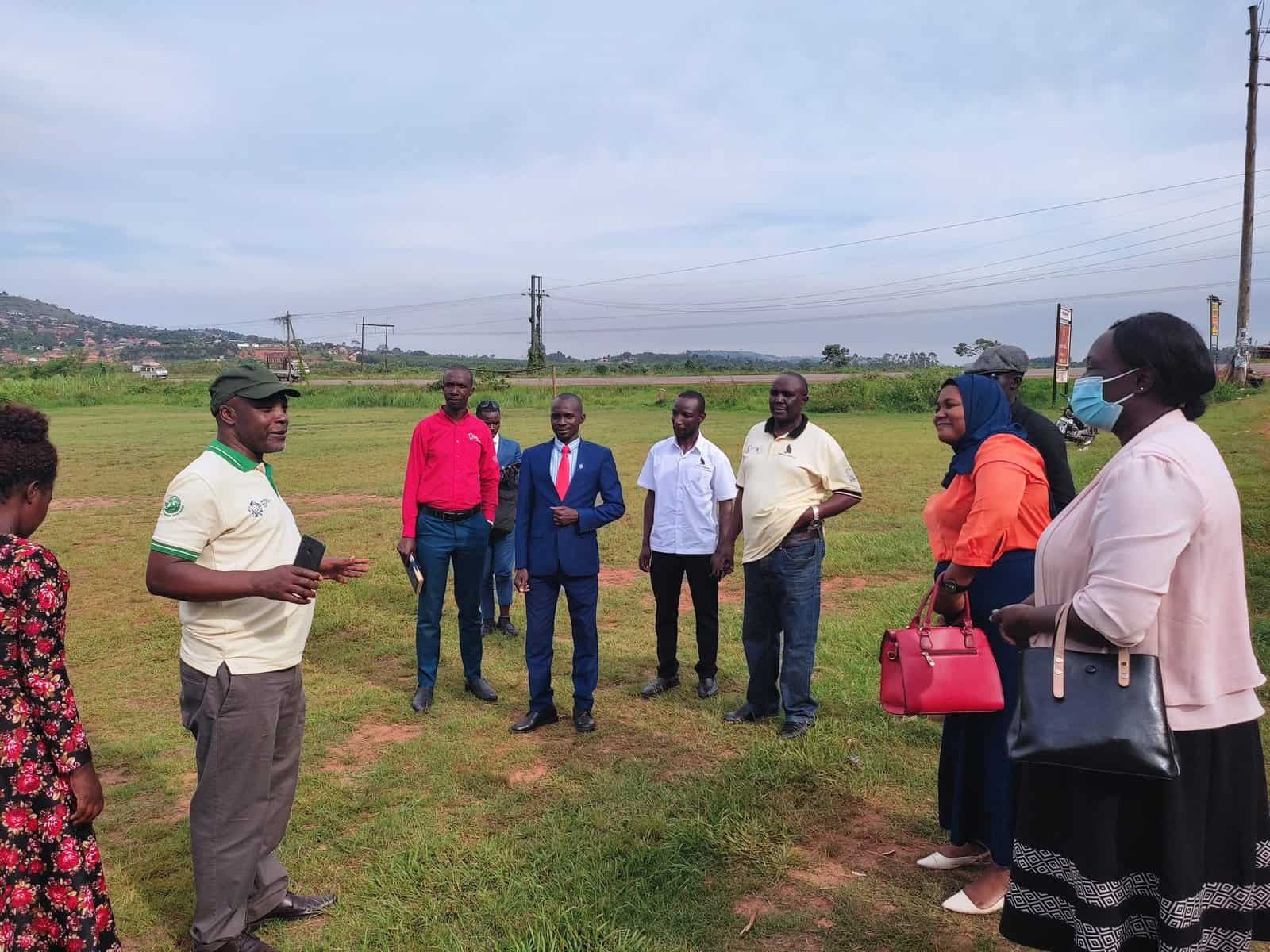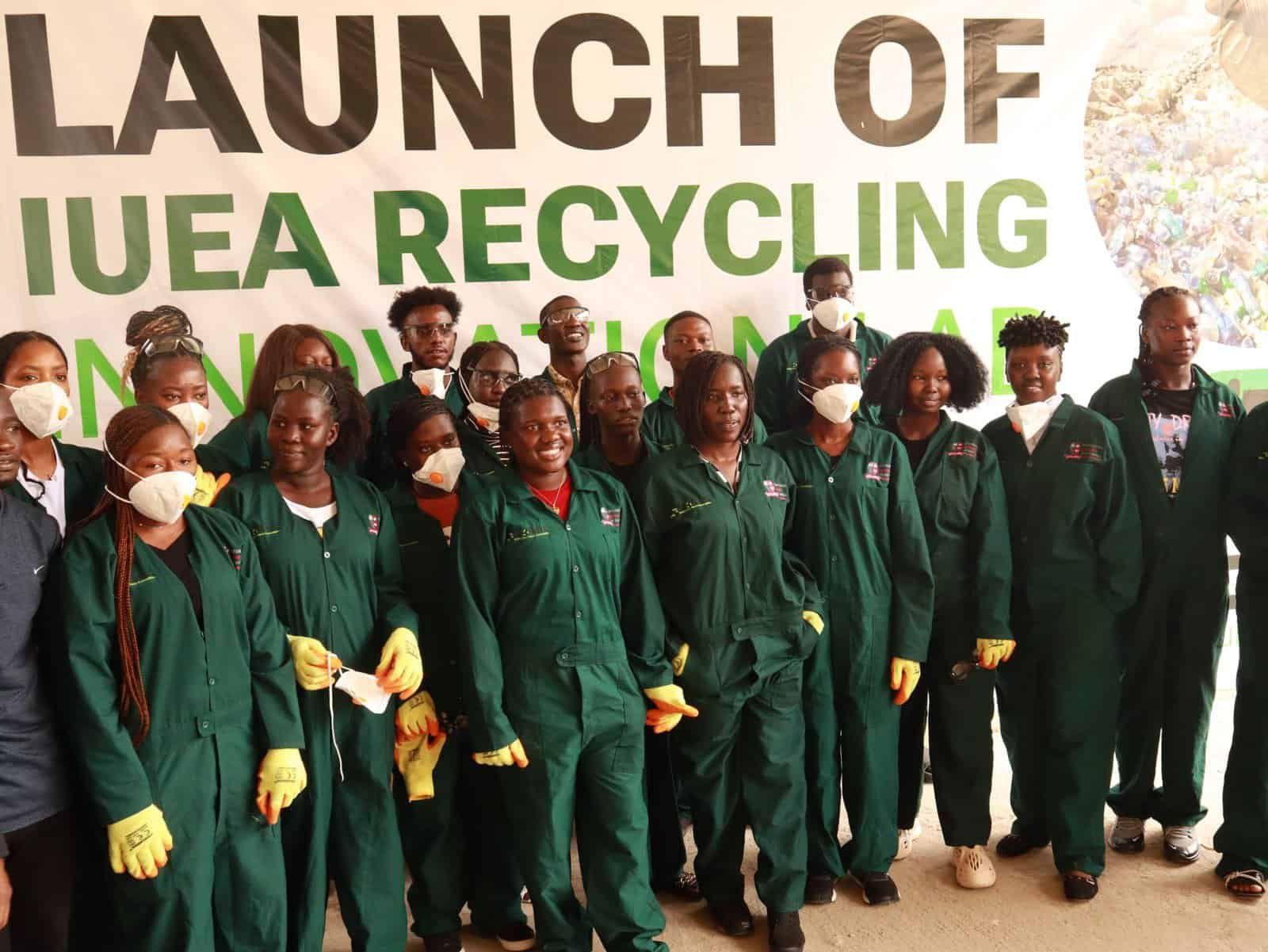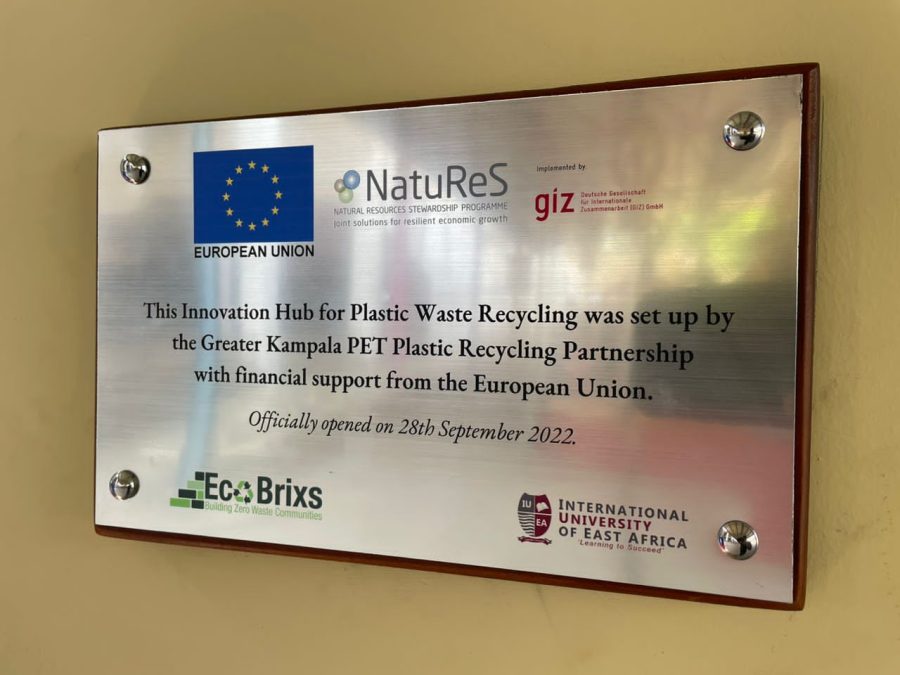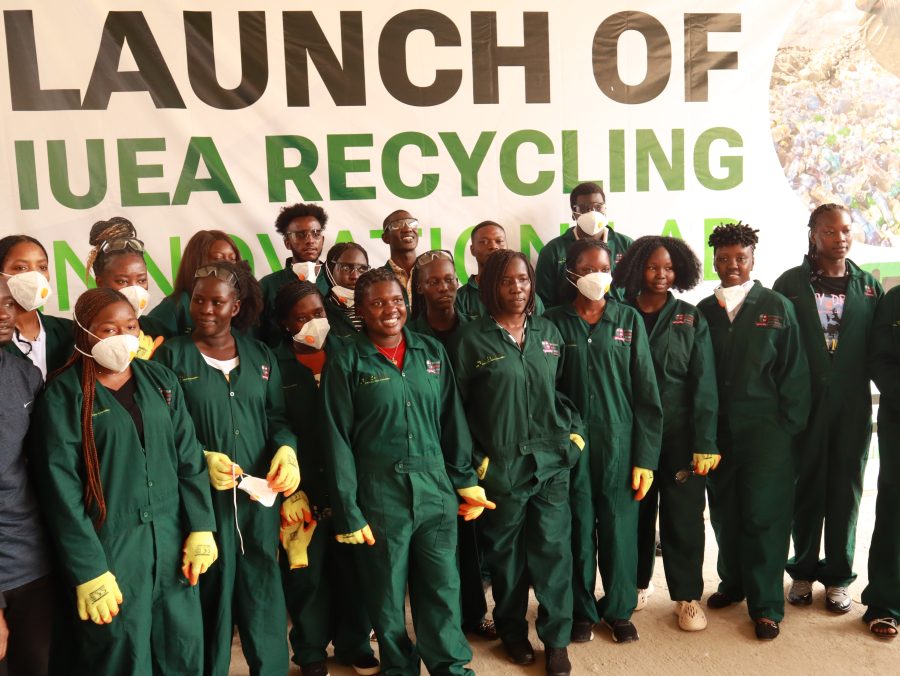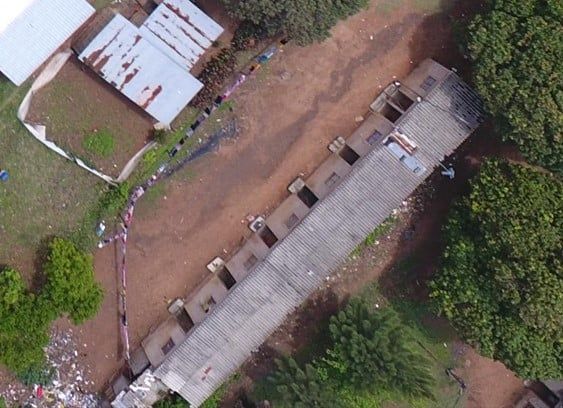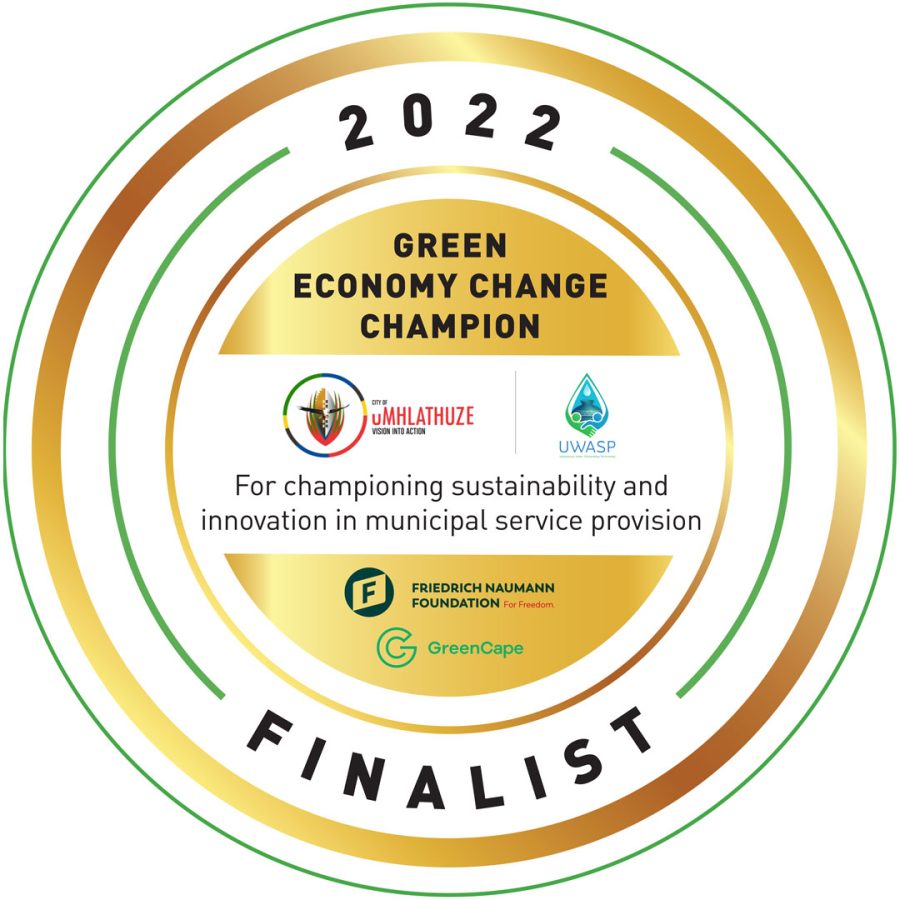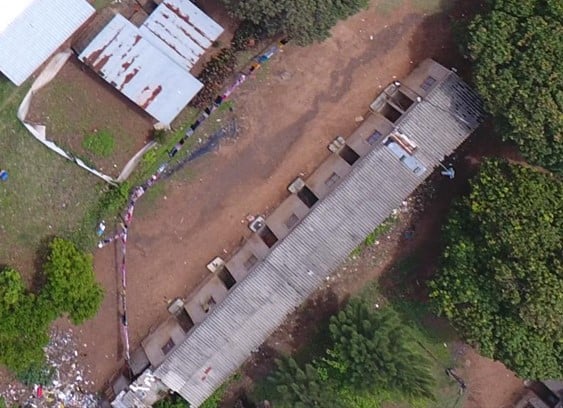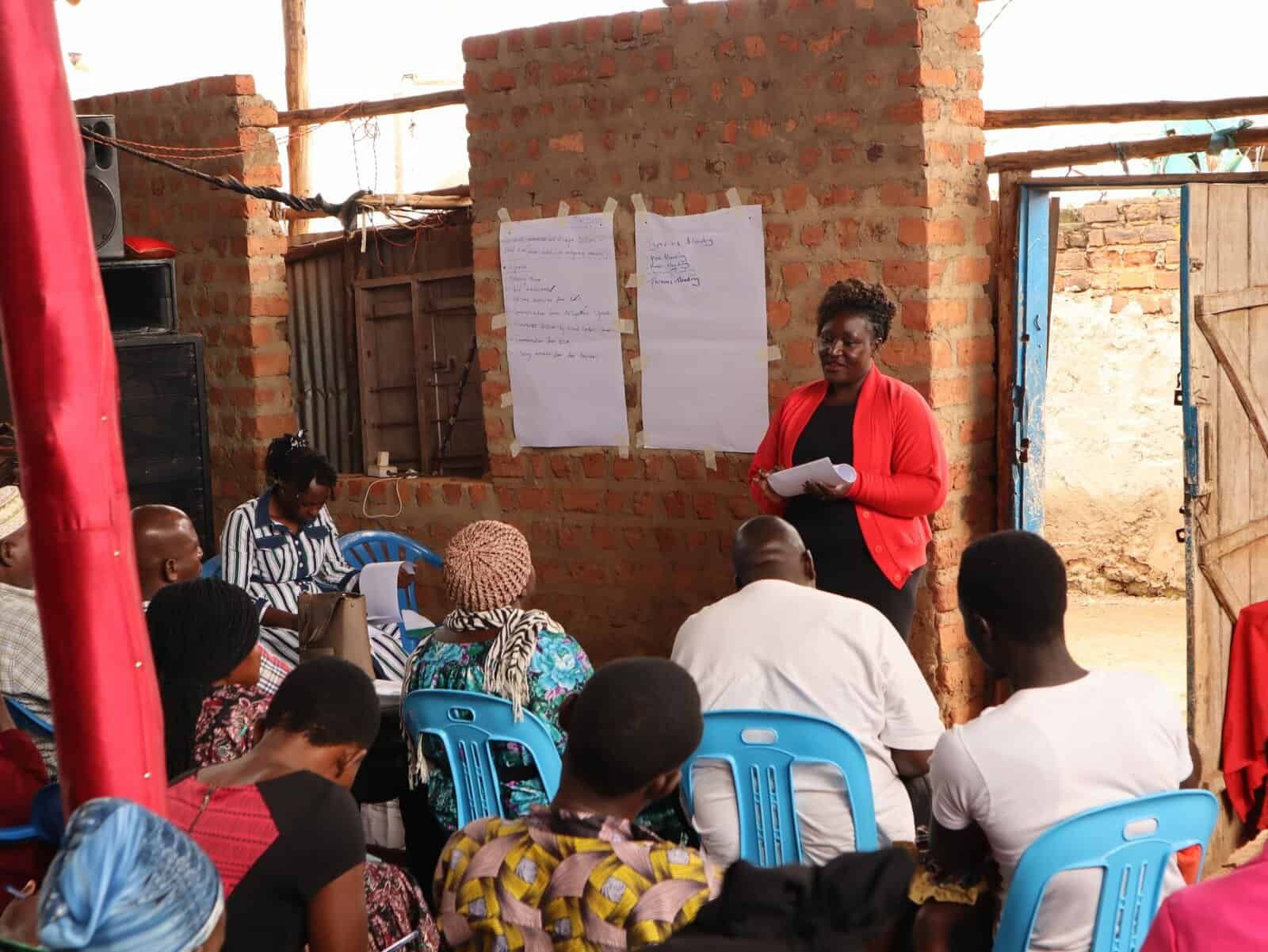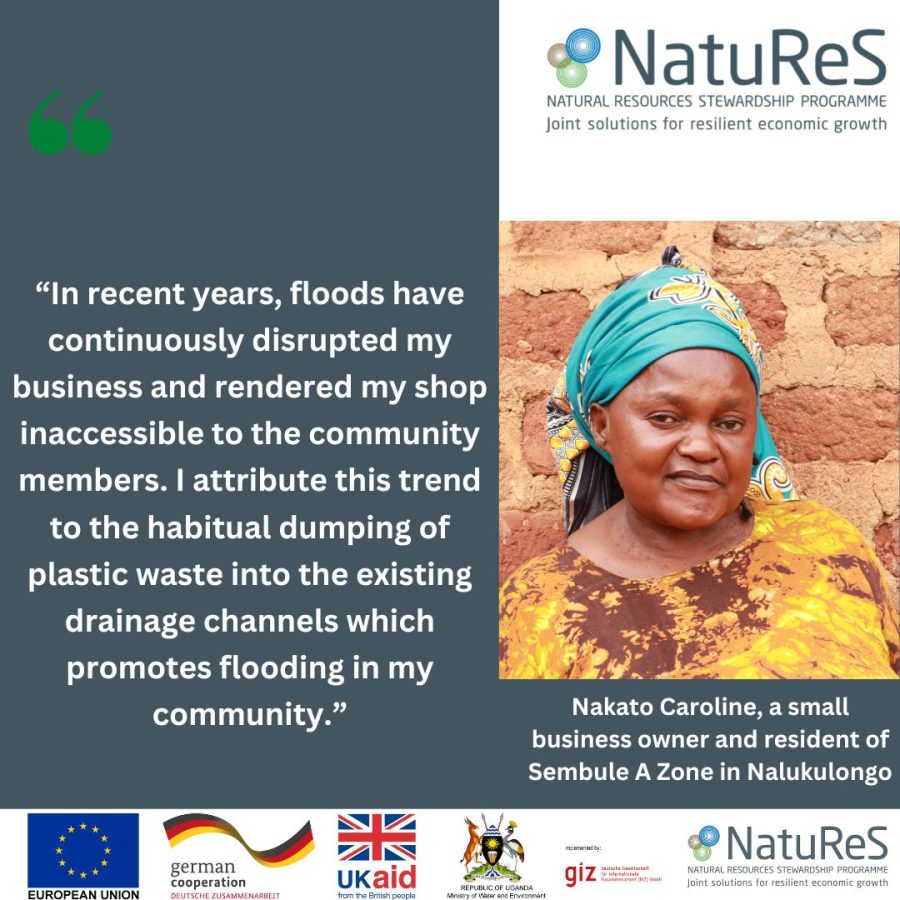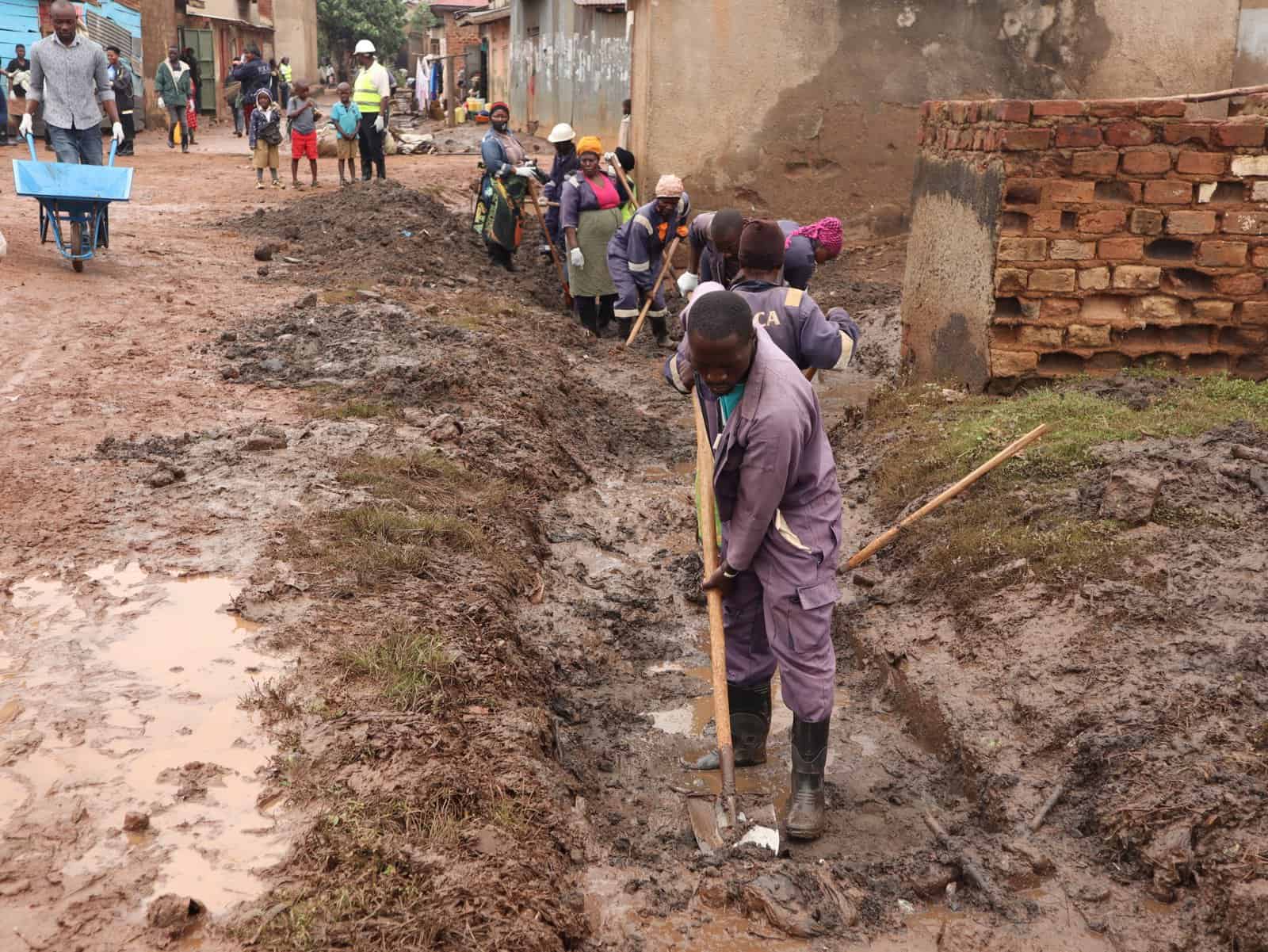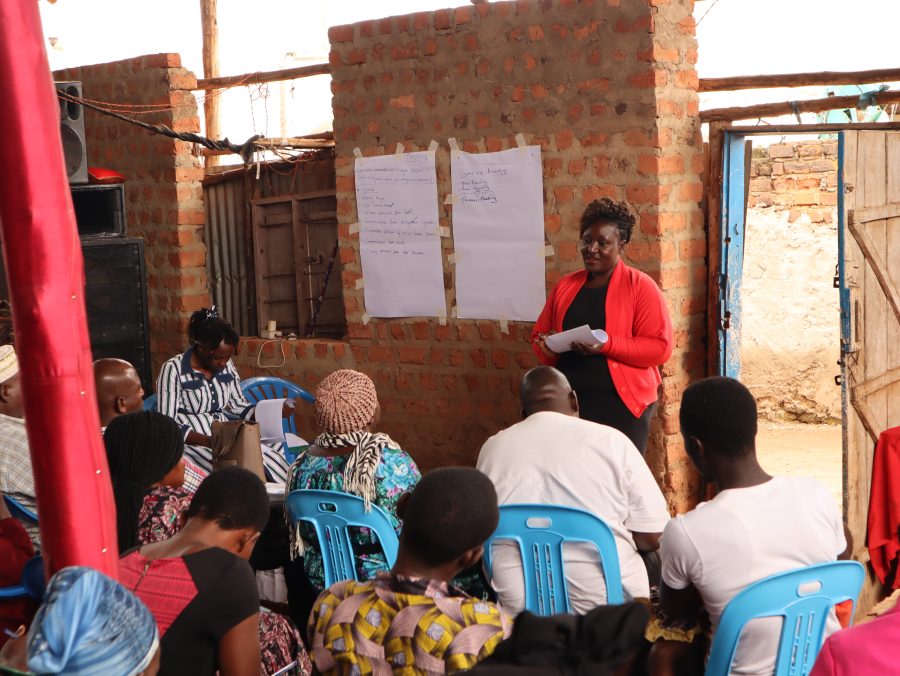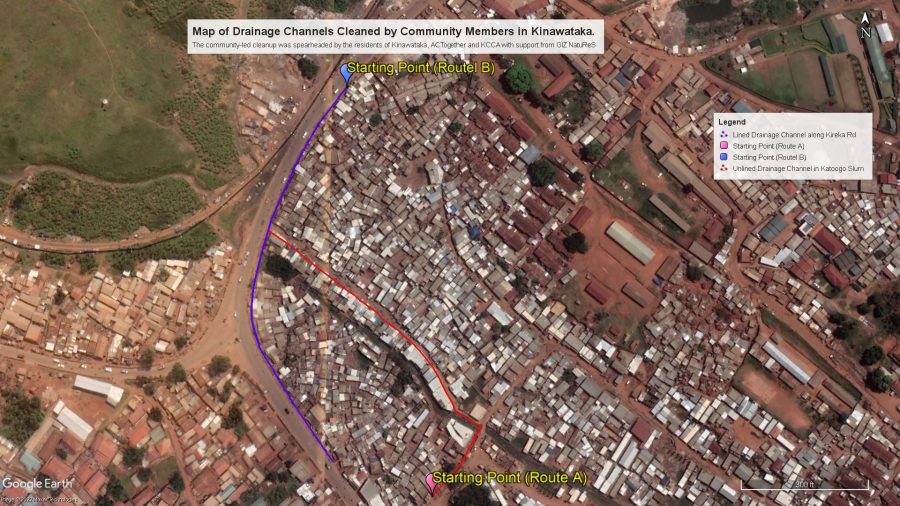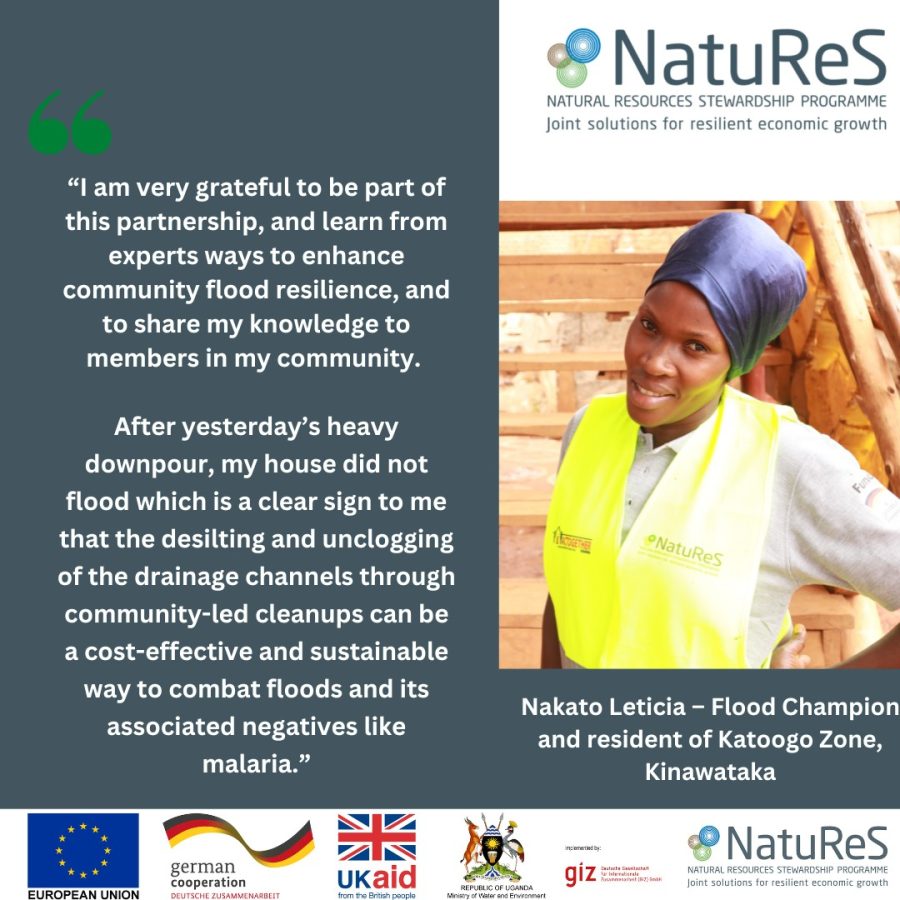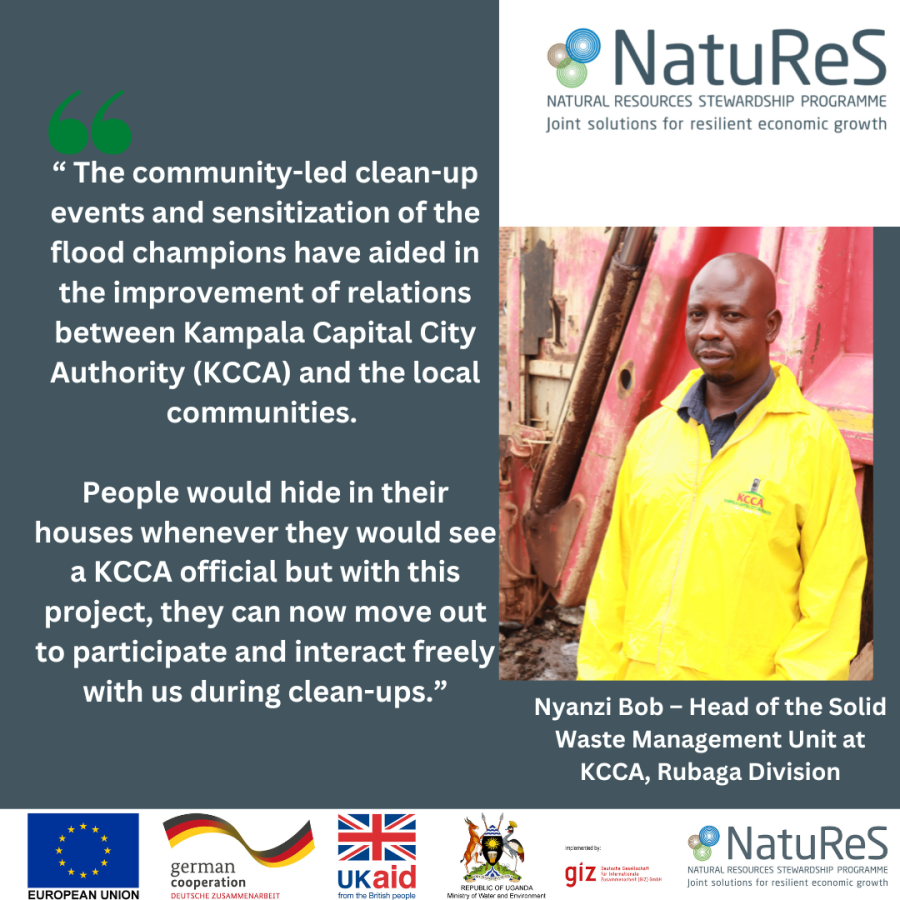Launch of partnership wetland conservation activities in Uganda
Wetlands serve as the ‘kidneys’ of the earth. They store and purify water, protect areas from flooding and are a vital habitat for fish and other wildlife. Once a wetland is degraded, it can’t maintain its ecological functions which poses risks to human health, biodiversity, and environmental security.
Partners under the Commercial Flower Farms Integrated Catchment Management Partnership have joined forces to combat the degradation of wetlands around Greater Kampala. On 28th of September 2022, Nature Uganda, a civil society organisation working for the conservation of biodiversity and sustainable management of natural resources, officially launched their activities under the partnership in Mpigi District. The focus lies on the conservation of the Semagimbi wetland.
Conserving Semagimbi wetland together
Mpigi District belongs to the Greater Kampala Metropolitan Area and hosts the Semagimbi wetland. This wetland has been heavily degraded by encroachment, land use change, a growing population and pollution from nearby industries.
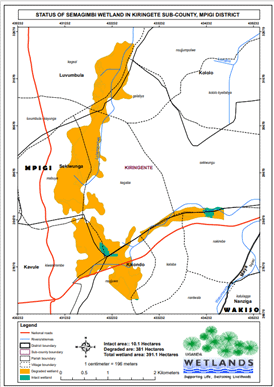
To support the conservation of the wetland, Nature Uganda is implementing a variety of activities under the partnership in Mpigi District. These include:
- Development of a wetland management plan for Semagimbi wetland
- Demarcation and environmental restoration of 10 km of the wetland
- Establishment of wetland management committees
- Identification and promotion of alternative livelihood options
- Sensitization campaigns on sustainable use of natural resources
- Engagement of schools around the wetland on solid waste management
Launch Event organized by Nature Uganda
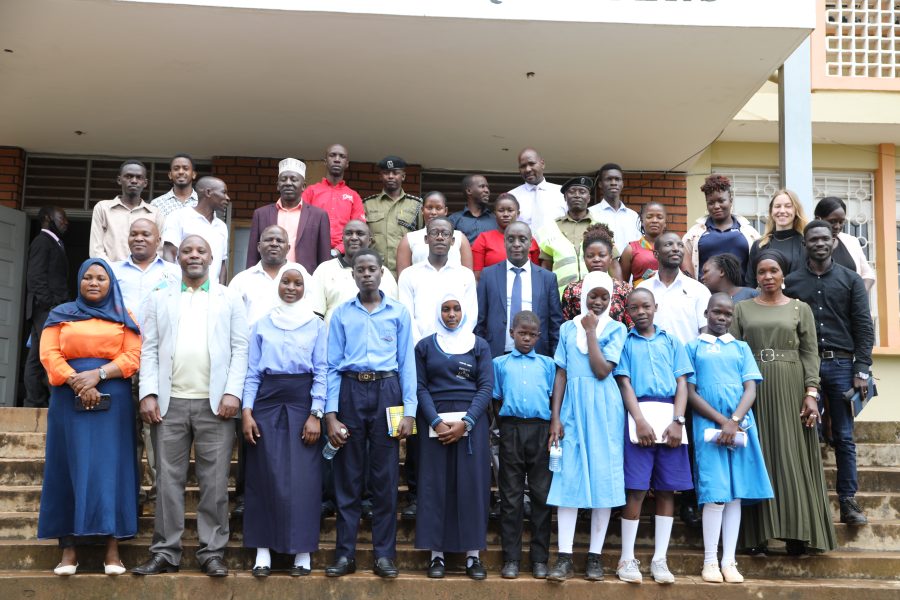
© Nature Uganda
During the launch event, stakeholders from the Ministry of Water & Environment (Mr. Benard Arinaitwe, Ass. Commissioner Wetlands), Mpigi Local Government (Ms. Maria Lubega, Deputy Resident District Commissioner; Mr. Emmanuel Ssempala, Deputy Chief Admission Officer; Ms. Aisha Nakirija, Vice-Chairperson; Mr. Tony Mwidyeki, District Natural Resource Officer), Religious and Cultural Leaders, students and a representative of the private sector (Mr. Victor Embati, Quality Assurance Manager Fiduga/ Dummen Orange) came together at Mpigi District Local Government Headquarters to be introduced to the activities led by Nature Uganda and to give room for discussions. Finally, participants visited Semagimbi wetland to showcase issues on ground.
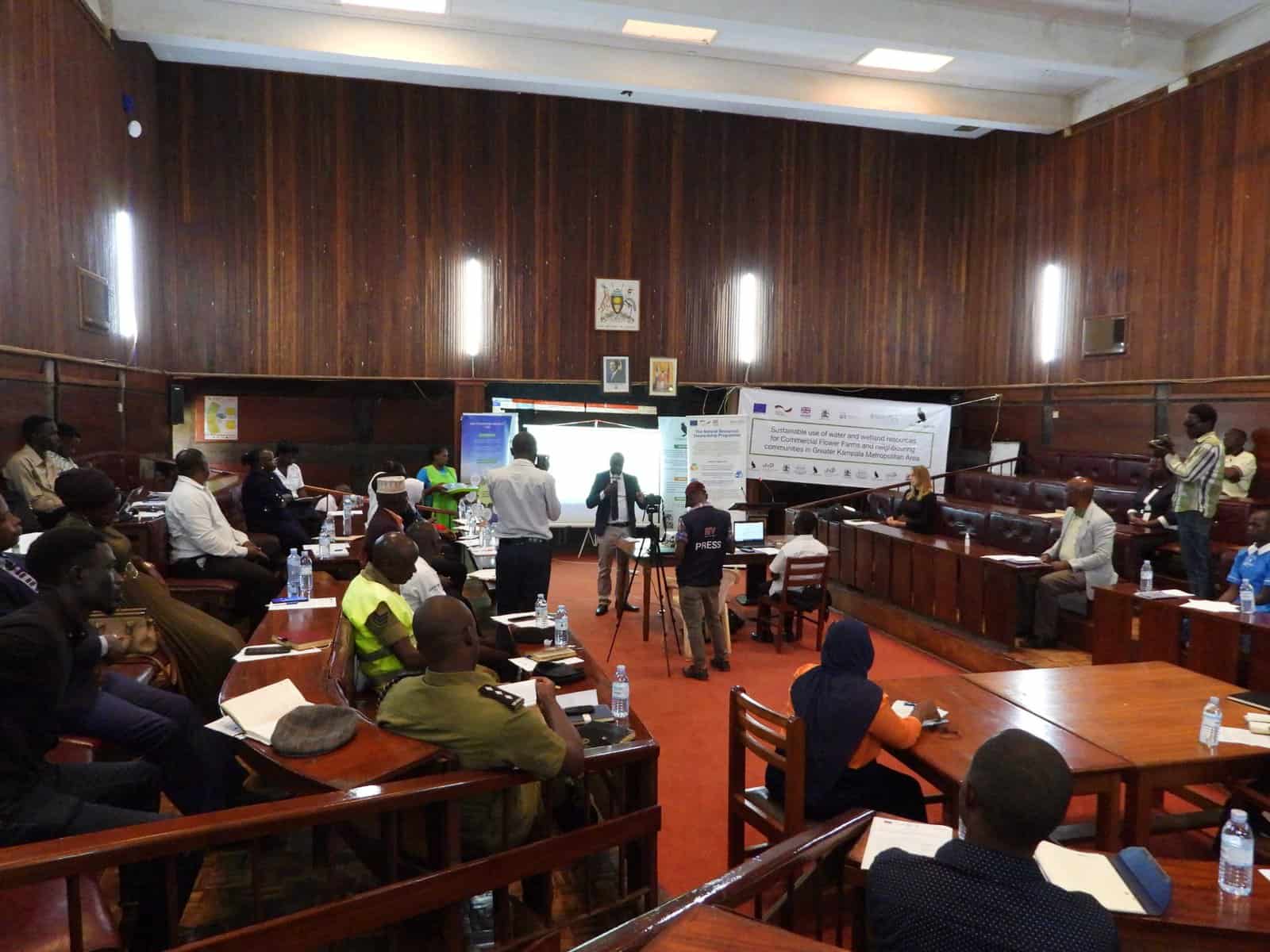
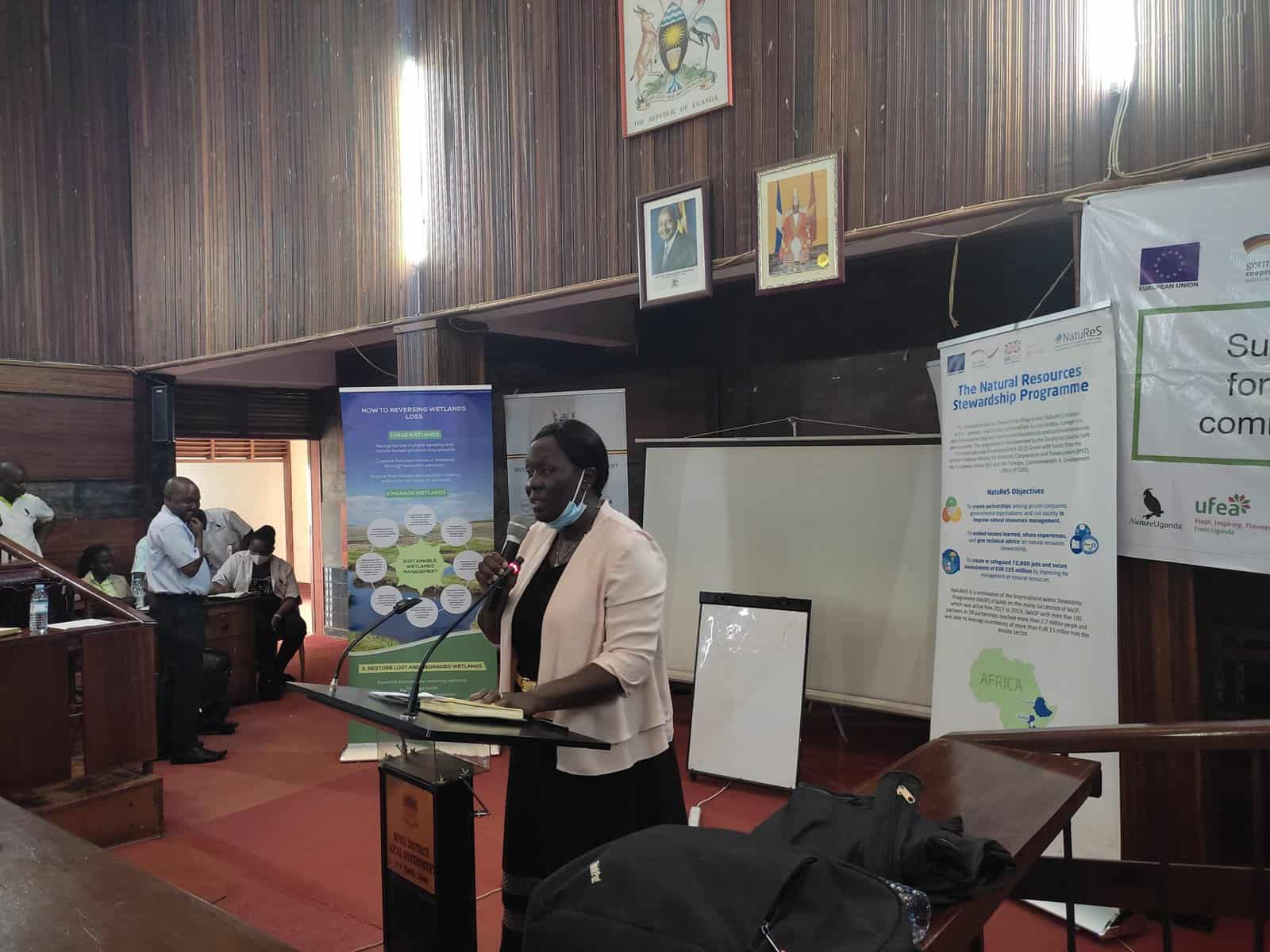
The Executive Director of Nature Uganda, Achilles Byaruhanga, highlighted: “We have in plan many interventions, which include working with schools around the Semagimbi wetland. By sensitizing them on proper waste management ways, we believe these children can help us pass this information to their parents.”
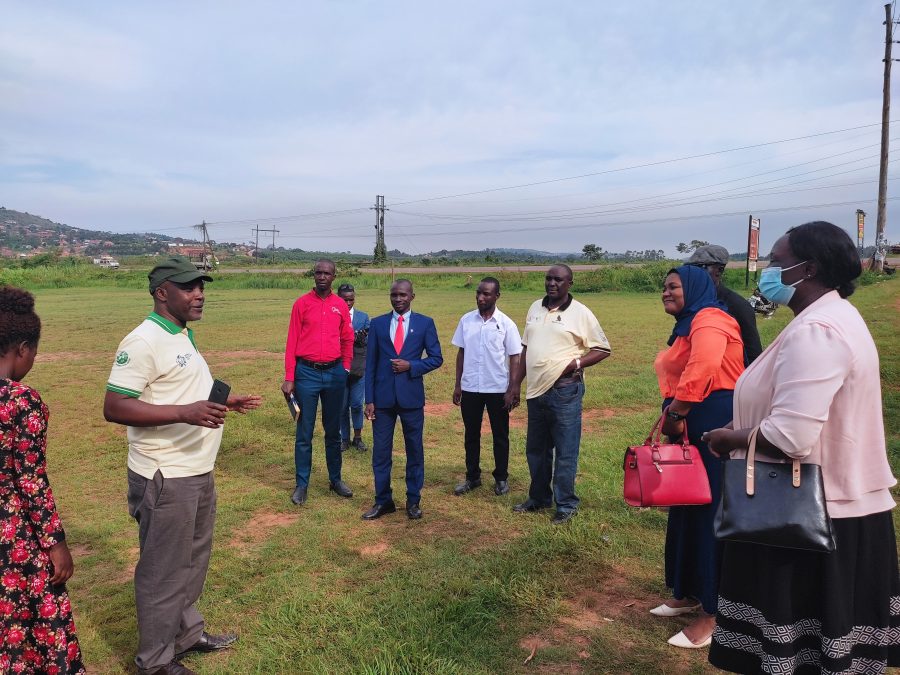
With the project officially launched, the stage is now set for the implementation of activities in Mpigi district. Jointly, partners will support the conservation of the wetland to ensure it can serve its ecological function for generations to come.
Read more about the launch on Nature Uganda’s website here: Nature Uganda rallies partners to restore Semagimbi Wetland. – Nature Uganda
